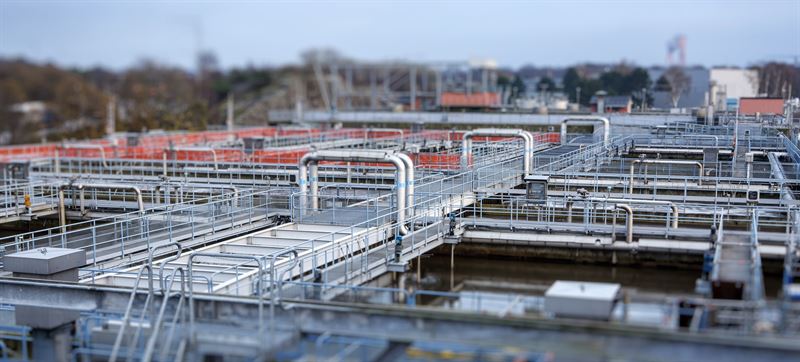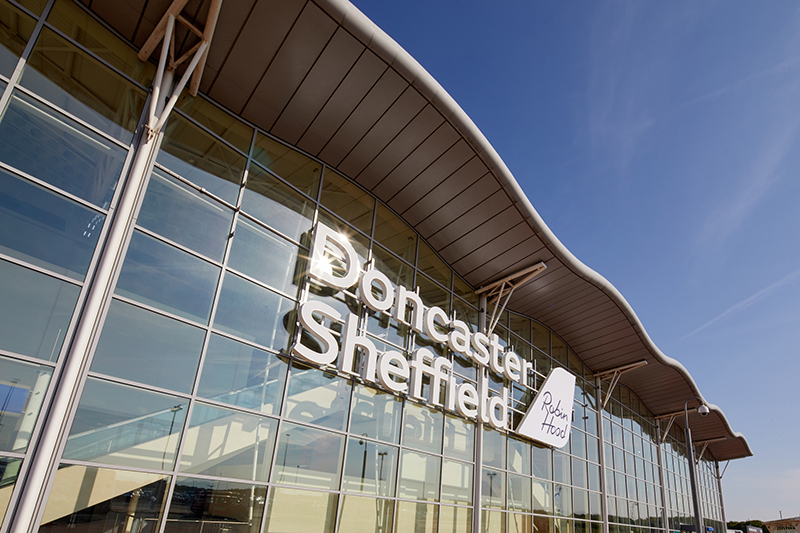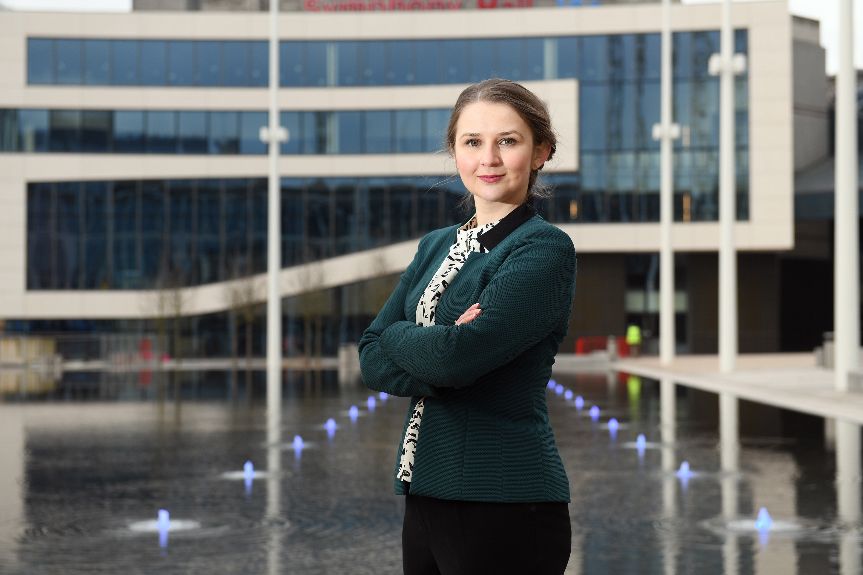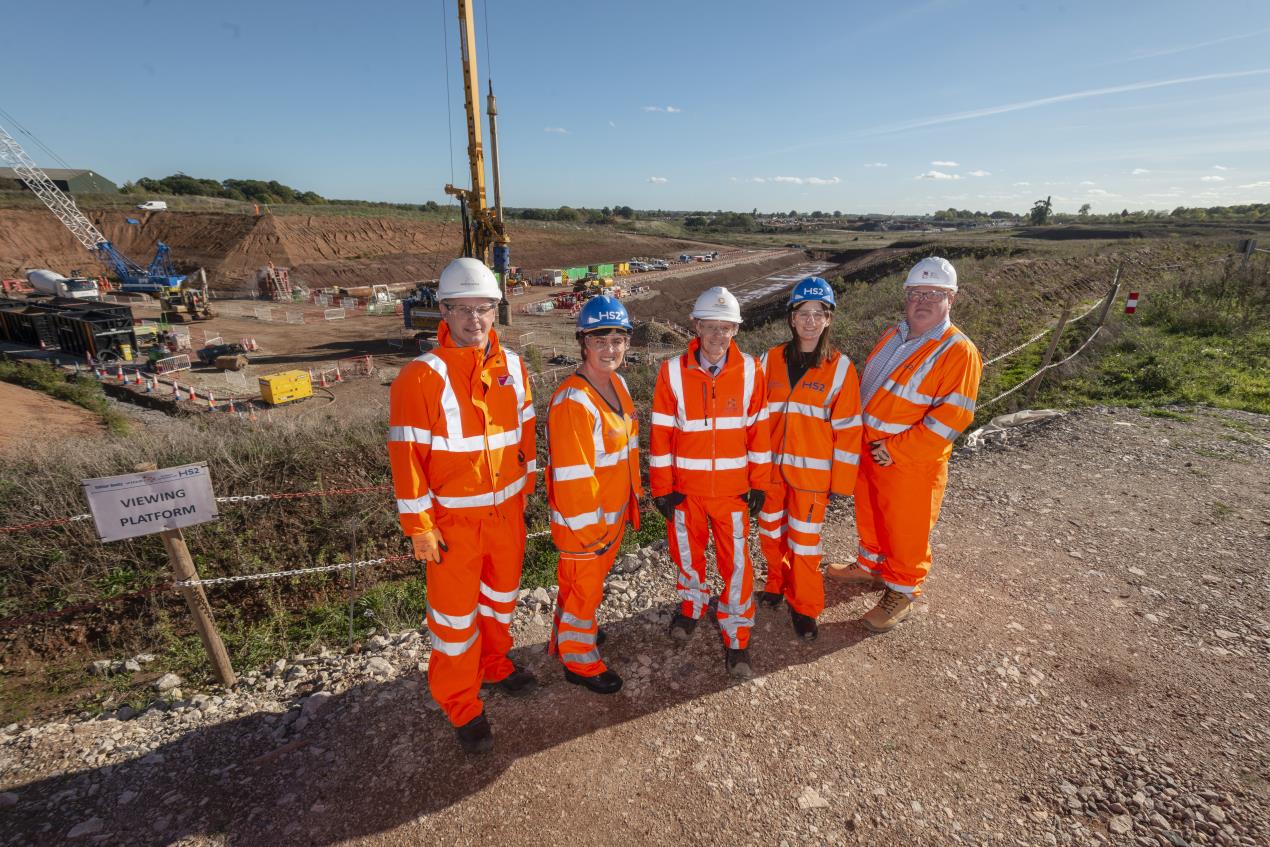Future tech expert says Musk has bigger issues to tackle at Twitter than charging verified account owners
A technology expert at Birmingham City University has said that Elon Musk’s proposals to charge verified Twitter accounts a monthly subscription fee will only generate a relatively minor amount of income for the social media giant.
The academic and industry professional said: “Elon Musk’s takeover of Twitter has been typified by chaos, including most recently the firing of a number of senior executives – amongst them the head of legal policy, trust and safety.


























